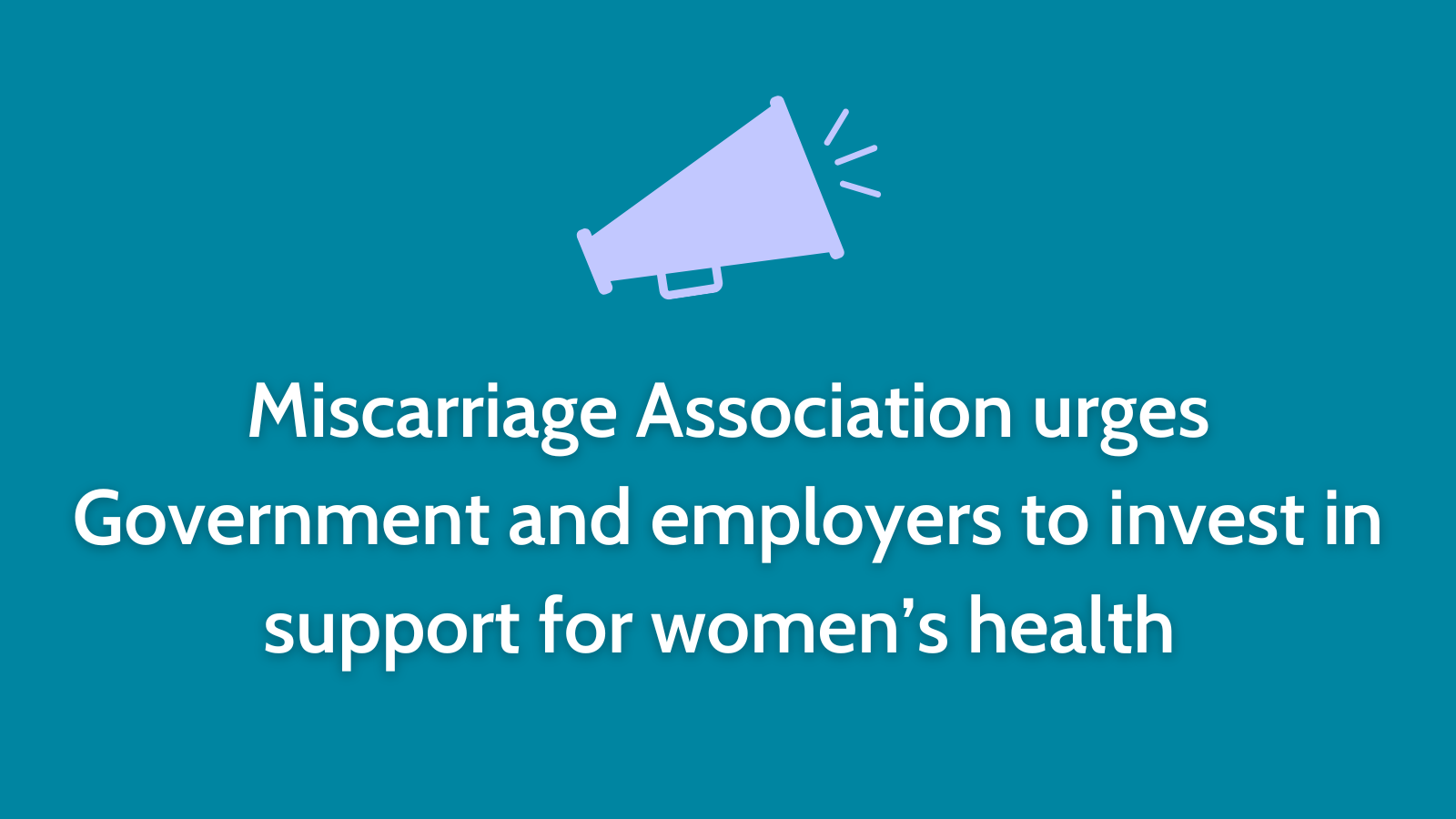A sensitive issue
26th March 2014
There has been much publicity recently about the way that hospitals deal with the remains of babies lost in pregnancy. Despite existing guidance which highlights that pregnancy remains should be disposed of with dignity and respect, some pregnancy remains are still incinerated along with clinical waste.
While this is not illegal, except in Scotland, it is clearly unacceptable. So too is the practice of telling parents that the remains of their pregnancy will be cremated when in fact they will be incinerated. We recognise that this might be said with the intention of “softening the blow” – or possibly through lack of knowledge – but this too is completely unacceptable.
While the publicity has undoubtedly caused considerable distress to parents – including those whose babies were disposed of respectfully through cremation or burial – it is also having a positive effect. The Department of Health has urged the Human Tissue Authority to review and clarify its guidance for NHS and Foundation Trusts, and to work with the appropriate Colleges, professional associations and charities in doing so.
We heartily welcome this initiative and have offered our fullest support. It is crucial that the revised guidance takes account of patients’ perspectives and we will always have those interests at heart.
Our position
The Miscarriage Association firmly believes that the cremation or burial of all pregnancy remains below 24 weeks gestation should be standard practice across the NHS, under the following conditions:
- There should be clear information, verbal and written, as to whether this will be individual or communal cremation or burial
- Parents should be offered the option of making their own private arrangements; and suitable containers provided if they wish to take the remains home
- There should be clear information as to the time parents have to make a decision; and that if they do not decide, the standard process will apply
- Staff should receive the necessary information, training and support to enable them to provide this information clearly and sensitively
- There should be clear administrative procedures to ensure that policies and processes are followed and work well and these should be reviewed regularly.
We further recommend that in drawing up their policies and procedures, decision-makers and care-givers should:
- Learn from patients and patient organisations as to what good care means: high clinical standards, good communication, sensitivity, compassion
- Follow existing guidance on the respectful disposal of pregnancy remains, including that published by the Human Tissue Authority (1), RCN, SANDS and the current Scottish government protocol (2)
- Follow the lead of other hospitals which practice excellent care
- Seek guidance and advice from organisations like the M.A. and SANDS (the stillbirth and neonatal death charity)
- Make use of the patient support and information we provide, as recommended in the recent NHS England report (3)
- Ensure good training and support for staff who care for patients who lose a baby in pregnancy or at birth
Miscarrying at home
If you miscarry at home you may wonder what to do with the remains of your baby. You’ll find information here. Do call us on 01924 200799 if you’d like to talk it through.
(1) At www.hta.gov.uk/legislationpoliciesandcodesofpractice/codesofpractice/code5disposal.cfm
(2) At www.sehd.scot.nhs.uk/cmo/CMO%282012%2907.pdf
(3) A review of support available for loss in early and late pregnancy, NHS England Improving Quality, February 2014

